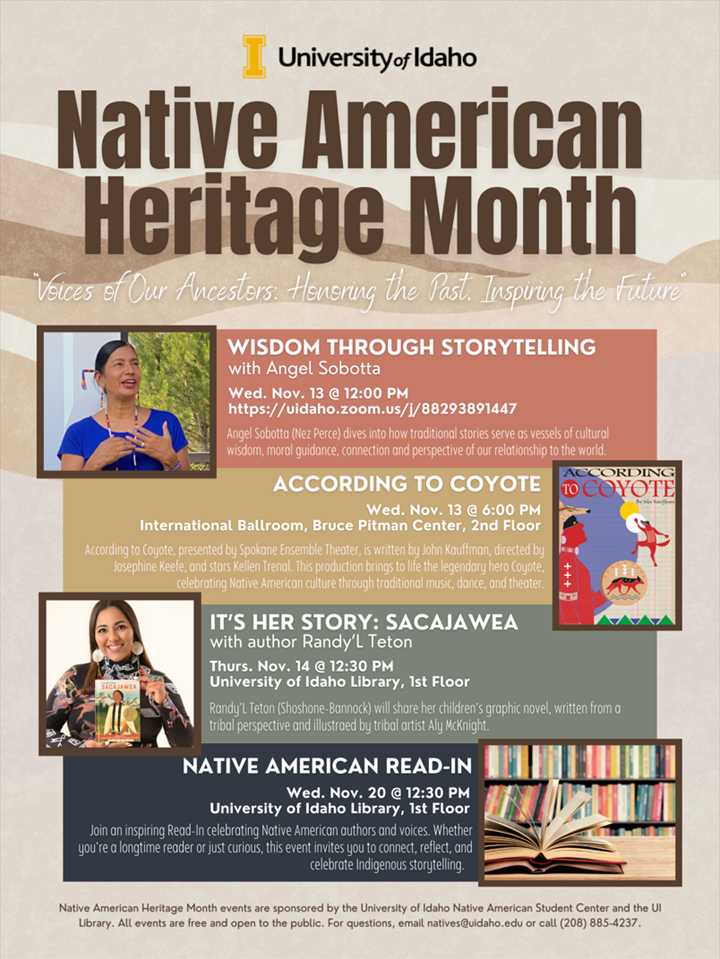Native-American Heritage Month
Native American Heritage Month is a time to celebrate, honor and recognize the rich histories, diverse cultures and significant contributions of Native Americans, the original inhabitants of what is now the United States. While the official designation of the month took place in the late 20th century, the idea of honoring Native American heritage has deep roots that trace back nearly a century.
- Early Efforts (Early 20th Century):
- Activists like Dr. Arthur C. Parker (Seneca anthropologist) promoted a day to honor Native Americans.
- Rev. Sherman Coolidge (Arapaho minister) declared the second Saturday of May as "American Indian Day" in 1915.
- State-Level Observances: Various states began recognizing Native American Days over the years.
- National Recognition:
- 1986: President Ronald Reagan proclaimed “American Indian Week.”
- 1990: President George H.W. Bush declared November as Native American Heritage Month through a joint resolution.
- Purpose and Activities:
- Honors the resilience, traditions and achievements of Indigenous peoples.
- Promotes education through cultural exhibits, storytelling and events.
- Highlights contributions in government, arts, science, education and the military.
Today, Native American Heritage Month not only honors the past but also highlights the vibrancy and diversity of contemporary Native American communities. It serves as a reminder of the strength, perseverance and resilience of Indigenous peoples while fostering understanding, awareness and respect for their cultures and contributions.
Native American Heritage Month Events








